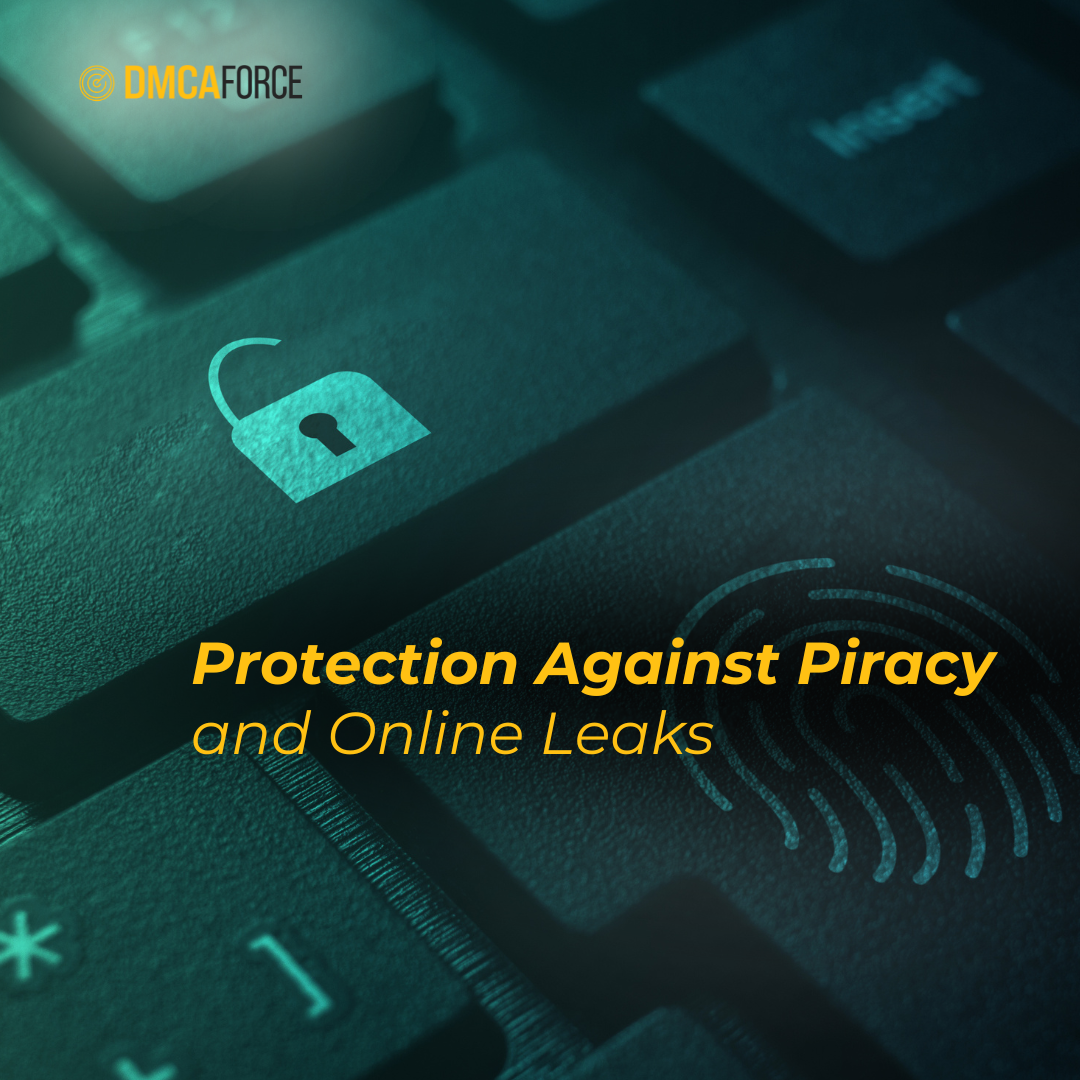News

Promotion vs. Piracy: Where to Draw the Line?
Imagine the following scenario: A local car dealer says he is going to hold a drawing and randomly choose one person in town to receive a free automobile. It may be a publicity gimmick, but it’s a pretty good one; we’d rightly call this a smart promotion, and the dealer in question is likely to more than make up for the cost of the car in terms of goodwill, name recognition, and foot traffic coming through his lot.
Now imagine a second scenario: Another dealer in town says that he is simply going to give a free car to every single family in town, no strings attached and no questions asked. At this point, we’re no longer talking about a promotion; it’s sheer lunacy. Call it what you will, but it probably goes without saying that this dealer is going to lose money.
All of this to say: There’s a fine line between what’s promotion and what’s not—and on the Internet, the opposite of promotion often tends to be piracy.
A Fine Line
To see what we mean, consider another example. A record label chooses to give away an MP3 of a new 12-song album, making the one song available for download in hopes that it will entice more people to buy the full record. This is pretty common practice, and as a form of promotion, it is both logical and often quite effective.
But consider some alternatives. Instead of giving away one song, the label gives away the full dozen. Instead of giving away one copy of the album to a contest winner, the label or the artist simply decides to put the entire thing on YouTube or on a torrent site, free of charge—saying that this is really a form of promotion.
It is at that point that we’ve moved from the realm of our first car dealer into the territory of our second—that is, we’ve moved past true promotion. In doing so, we’re not just talking about a poor business decision; we’re ultimately enabling pirates.
The Problem with “Promotion”
The problems with veering too far away from true, reasonable promotion—with giving away a thousand copies of something as opposed to five or ten—are many:
First, simply consider this: Of the countless artists, authors, singers, and filmmakers who have sought to “promote” their work on sites like YouTube, how many have actually made it—how many have been discovered? There are a small handful of true success stories—but generally speaking, posting free stuff to YouTube does not land one with a lucrative contract of any kind.
Another problem: Frankly, YouTube doesn’t always do a great job of discouraging the use of copyrighted content. Statistically, most YouTube uploaders do upload something for which they do not hold the copyright, at some point—an image or a snippet of music they’re using without permission, for instance. As such, a lax approach to Internet promotion only opens the doors to further abuses of copyrighted materials.
Legitimate Means
Finally, it’s worth noting that there are a number of totally legitimate means to promote material in a way that respects copyrights. For musicians and record labels, there are services like Spotify and Beats Music. Whether these services pay copyright holders what they truly deserve is a debatable point, but they do pay something and they are legal, which makes them a far preferable avenue for “promotion” than a torrent site or something like YouTube.
Truly, though, our point is simply this: Promoting your work through free giveaways is a great idea, but it can also be a bit of a slippery slope. When you slip into empowering online pirates, you’re not doing yourself any favors.
How to Protect Your OnlyFans Content from Online Leaks and Piracy
November 15, 2024

Protect Your Content on Telegram: Using DMCA Claims to Combat Piracy
November 13, 2024

Unlock Your Revenue Potential at the AW Summit 2024 in Bucharest!
September 10, 2024
Got questions about protecting your digital assets from copyright infringement?


